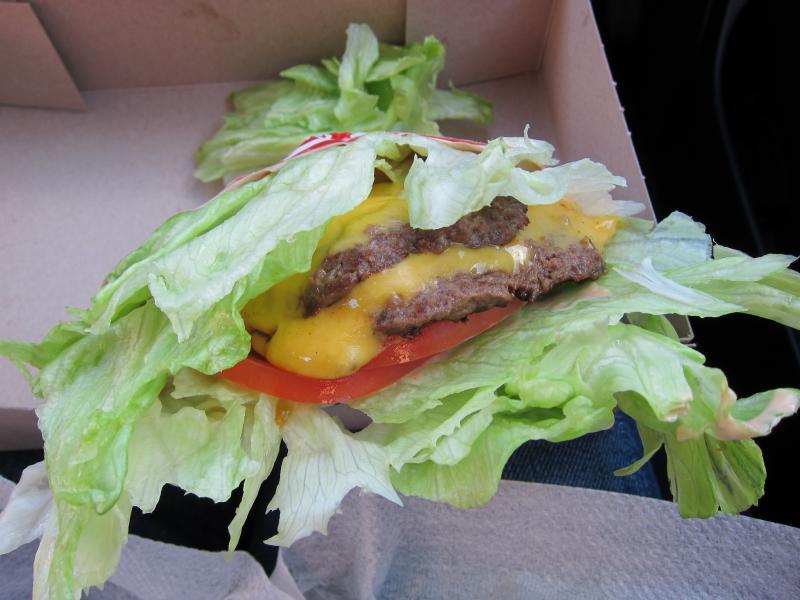Major new study endorses a low-carb, high-protein diet


A free daily email with the biggest news stories of the day – and the best features from TheWeek.com
You are now subscribed
Your newsletter sign-up was successful
Take a bow, Dr. Atkins. A major new U.S. study suggests that Robert Atkins was on to something when he started promoting his low-carbohydrate, high-protein diet in the 1970s. The randomized study, primarily financed by the U.S. Institute of Health and published Tuesday in the journal Annals of Internal Medicine, found that low-carb dieters lost more body fat and lowered their risk of heart disease significantly more than people on a low-fat, high-carb diet.
The researchers, led by Tulane University's Dr. Lydia Bazzano, split 148 racially diverse participants into two groups. One group was instructed to eat mostly protein and fat, including red meat and dairy but with an emphasis on nuts, fish, olive oil, and other foods high in unsaturated fats. The other group reduced their fat intake, per federal dietary recommendations, and ate lots of grains, starches, and cereals. Both groups were encouraged to eat lots of vegetables, and neither was told to restrict their calories or increase their physical activity.
A year later, the low-carb group had lost more weight that the low-fat group — 8 pounds more on average — and lowered their risk of cardiovascular diseases, as measured by their Framingham risk scores (the chance you'll have a heart attack within 10 years). The low-fat group saw no drop in their cardiovascular risk scores. And not only did the low-carb group lose a lot more body fat, but the low-fat group appeared to lose more muscle than fat.
The Week
Escape your echo chamber. Get the facts behind the news, plus analysis from multiple perspectives.

Sign up for The Week's Free Newsletters
From our morning news briefing to a weekly Good News Newsletter, get the best of The Week delivered directly to your inbox.
From our morning news briefing to a weekly Good News Newsletter, get the best of The Week delivered directly to your inbox.
You can read more about the findings at The New York Times. But enjoy that guilt-free bacon cheeseburger wrapped in lettuce while you can. Science will probably tell us something different soon enough.
A free daily email with the biggest news stories of the day – and the best features from TheWeek.com
Peter has worked as a news and culture writer and editor at The Week since the site's launch in 2008. He covers politics, world affairs, religion and cultural currents. His journalism career began as a copy editor at a financial newswire and has included editorial positions at The New York Times Magazine, Facts on File, and Oregon State University.
